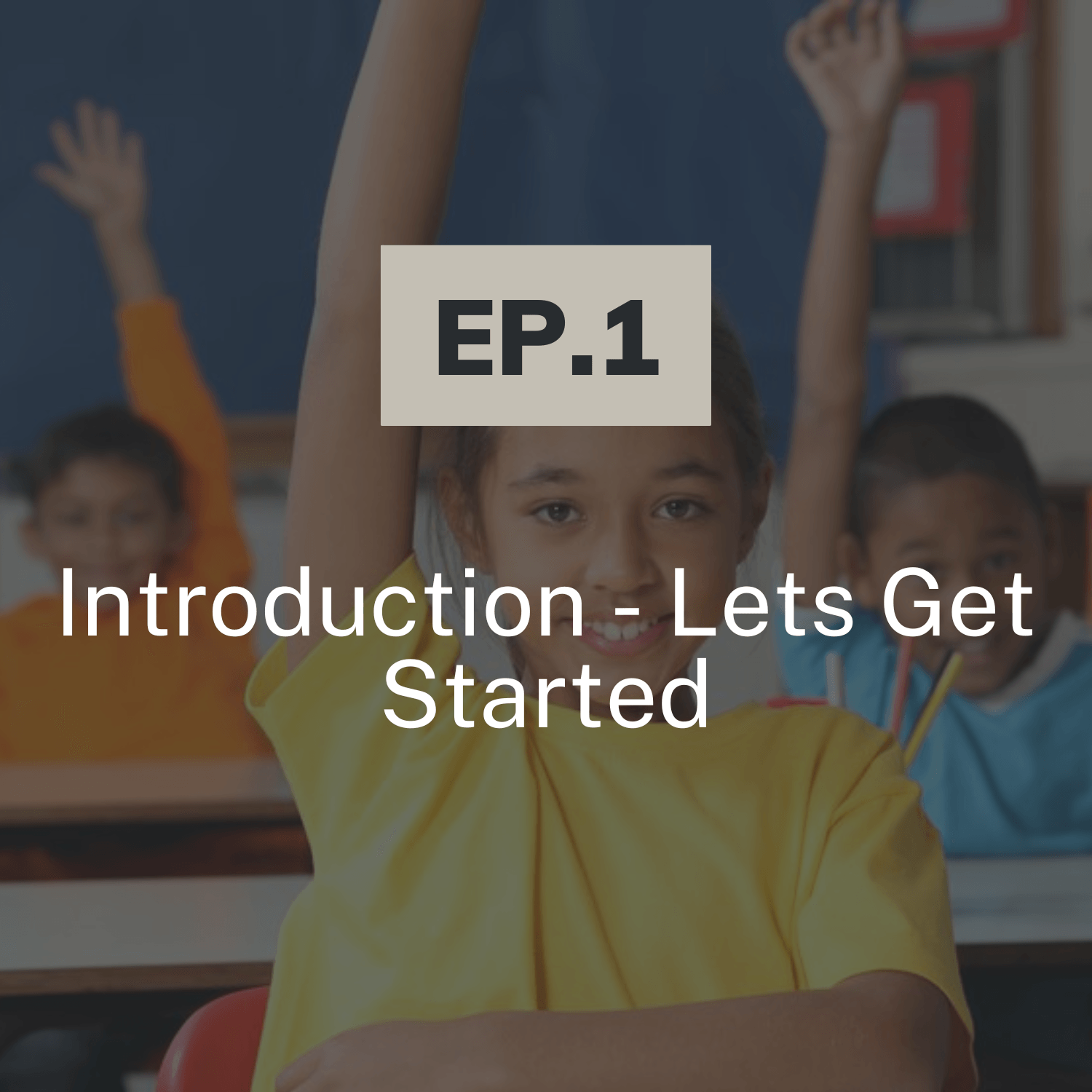What if Our Approach is part of the Solution?
What they can see
- They can spot it when we’re in survival mode.
- They observe nuances in our “auto-pilot” leadership.
- They can read our sour attitudes and non-verbal communication.
- They can see when we’re anxious and nervous about the unknown future.
- They can perceive our frustration and disappointment over their poor performance.
What if we Lead in the Certainties?
While we don't know whether school will be in person or online, we know the subject material remains the same.
What if we focused on what we can do well and BE the LEADER THEY NEED in the certainties?
5 Keys to Leading in the Certainties
1. When responding to misconduct, think DISCIPLINE not PUNISHMENT.
When we use the term, “punishment” we focus on the past. If we’re going to equip someone to improve, we’ve got to think “discipline” and focus on the future. Look ahead and consider what you’d need if you were that child and why the error happened, what the gap is. Focus on moving forward. Help them identify what they need and brainstorm strategies to move them forward.
2. When managing a busy household, think CONNECT not CONTROL.
When children act out ,we often move to control of the situation. Unfortunately, control is a myth. Managing a family is an art and those who pursue a connection with their children at the heart level team with their unique motivations and earn the right to direct their actions and intentions.
3. When addressing discouragement, offer feedback from BELIEF not RELIEF.
Every parent can get discouraged alongside their children. We can shift into reacting to relieve our anguish rather than responding to our students. We are frustrated and we begin venting. Instead of relief, think belief. What if you responded with: “I believe you’re capable of more than this. Let's look at where you are stuck and what strategies and supports are needed to overcome this hurdle to help you move forward'
4. When facing a setback, don’t think INTERRUPTION, think INTRODUCTION.
What if you began to see every life interruption as a set up for a teachable moment? What if interruptions could be perceived as introductions to “just in time” learning. What if you approached life as a classroom and everyone and everything as a teacher.
5. When planning students’ recovery, talk HABITS that lead to OUTCOMES
When attempting to help students recover from a poor performance on an assignment, you have more control over their learning habits than their immediate grade.. Help them connect the dots between their actions now and the results that those habits will yield in the future.. Create a list of A+ student behaviours, things they can choose, they can control and have them assess and celebrate their daily habits. These daily habits , in time will yield their desired outcomes.












